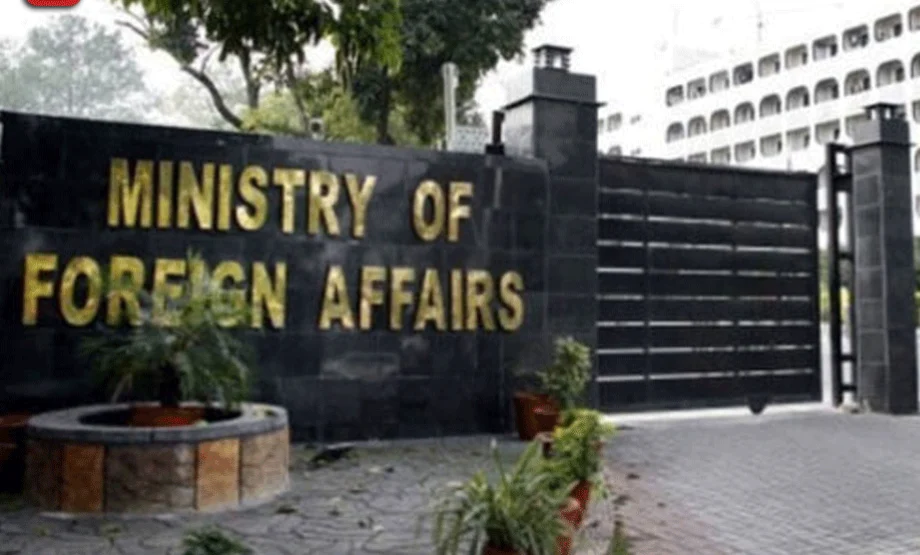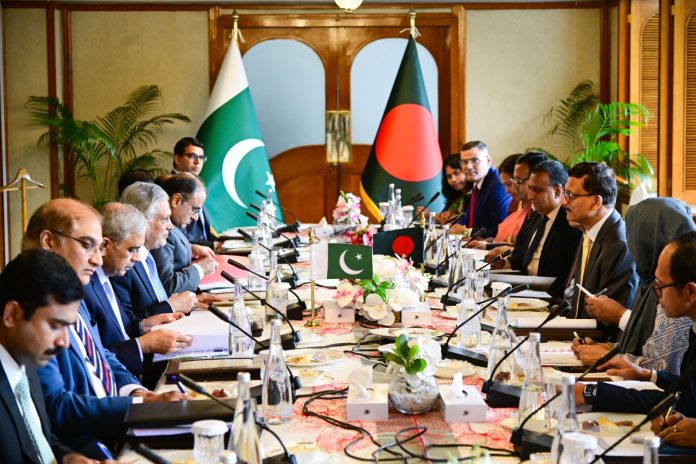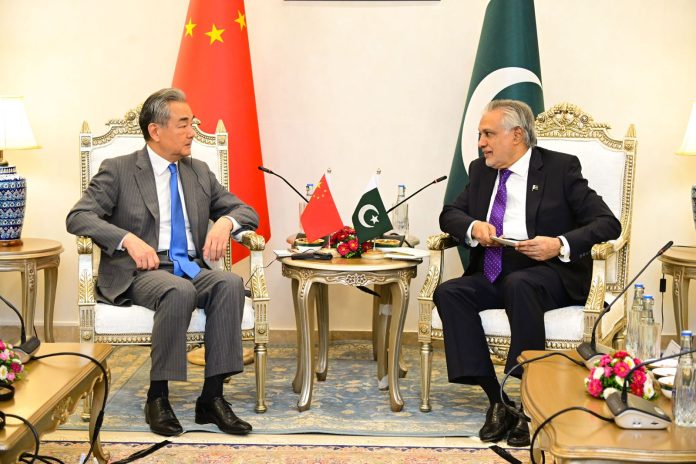
Pakistan Condemns PM Modi’s Inflammatory Remarks on Indus Waters Treaty
- Diplomatic News
- May 28, 2025
- No Comment

Pakistan Condemns PM Modi’s Inflammatory Remarks on Indus Waters Treaty
Pakistan has strongly condemned Indian Prime Minister Narendra Modi’s recent speech, labeling it as another “inflammatory monologue” and urging India to refrain from provocative language and actions that undermine regional stability.
In a press statement issued on Wednesday, the Ministry of Foreign Affairs expressed deep regret over PM Modi’s remarks, particularly his criticism of the Indus Waters Treaty and threats regarding water as a weapon. The statement described such rhetoric as a clear violation of international norms and a sign of disregard for treaty-bound resources.
The Foreign Office stressed that a truly respectable global leader would prioritize introspection and adherence to international obligations rather than resorting to hostility and threats.
PM Modi, during a recent address in Gandhinagar, had called the Indus Waters Treaty “badly negotiated” and boasted about suspending its provisions, with Indian media quoting him as saying, “The treaty has merely been put on hold and they [Pakistan] are already sweating profusely.”
For more reliable international news, diplomatic analysis, and reporting on regional politics, visit: 👉 www.safartitarjuman.com
Pakistan further highlighted India’s record of human rights violations in Indian Illegally Occupied Jammu and Kashmir, extraterritorial operations, and suppression of minorities as contradictions to its claims of victimhood.
The Foreign Office noted that ideological elements within the Indian government have normalized mob violence, promoted hate speech, and targeted religious minorities. Such actions, while possibly appealing to domestic political supporters, fail to align with international values or responsible governance.
Calling for restraint, the statement urged India to respect sovereign rights, honor treaty commitments, and avoid inflammatory rhetoric. It warned that populist jingoism may yield political gains but ultimately threatens peace and long-term regional cooperation.
Pakistan concluded by advising India’s youth to reject fear-based nationalism and instead work toward a future based on reason, dignity, and mutual cooperation.







